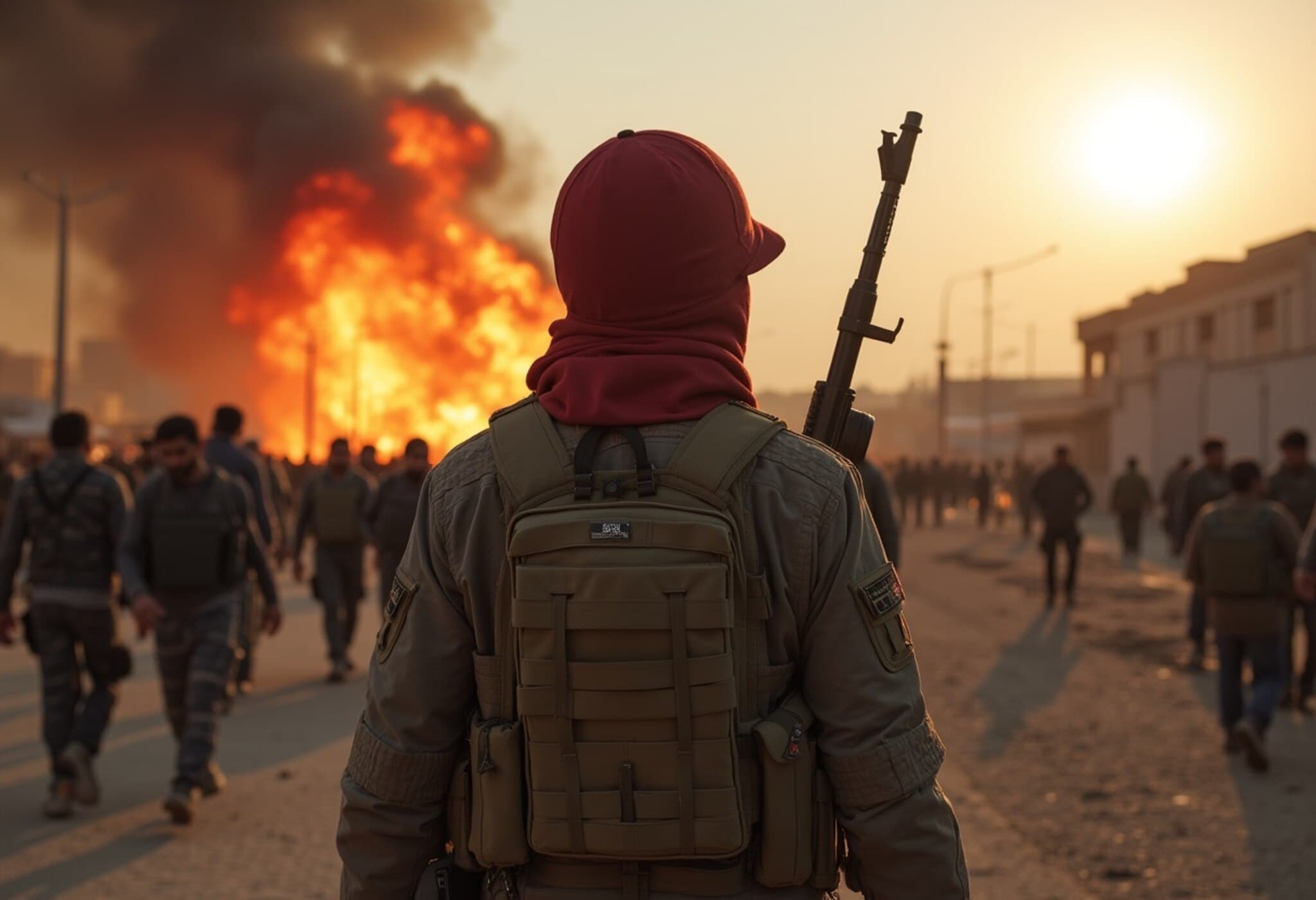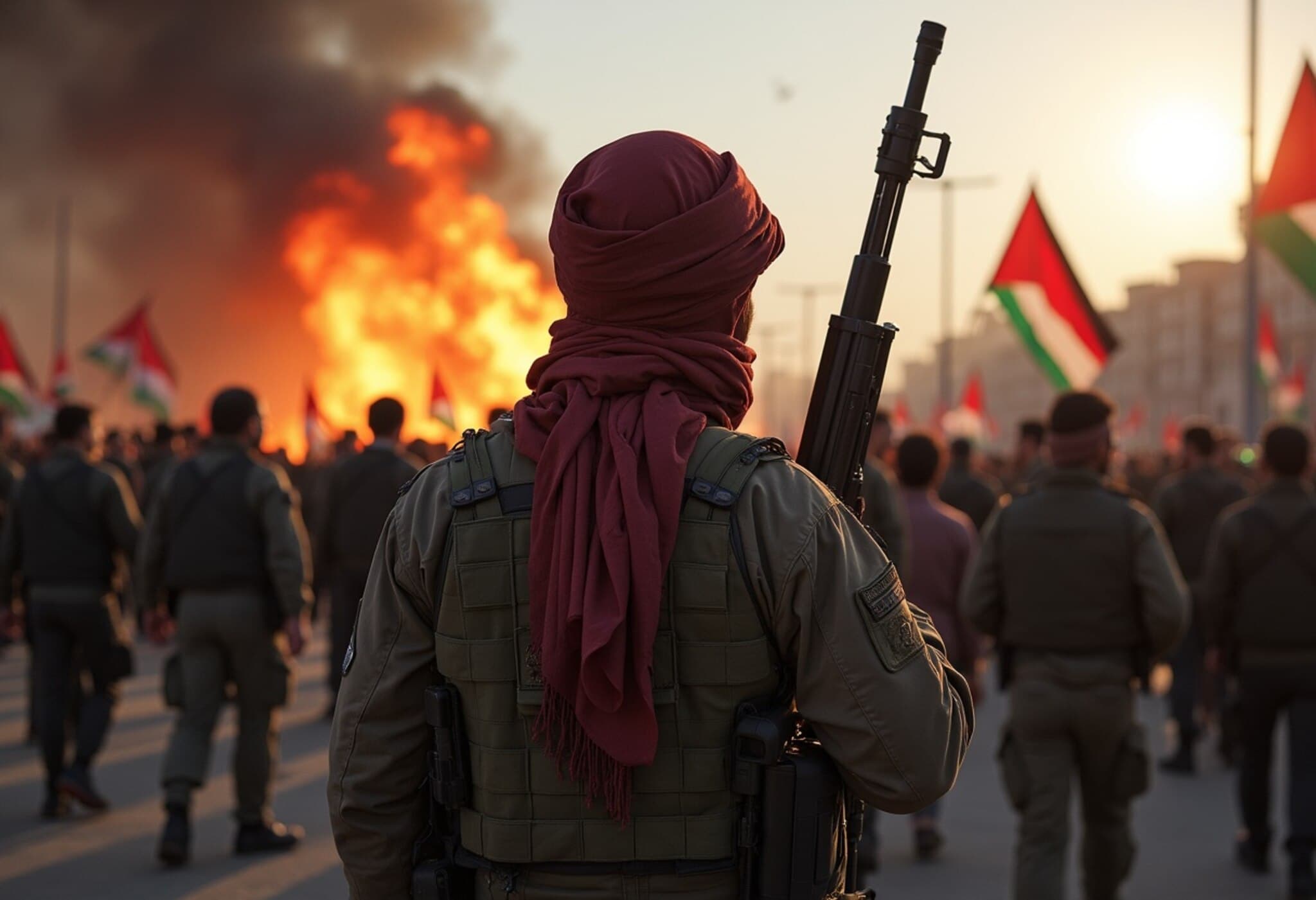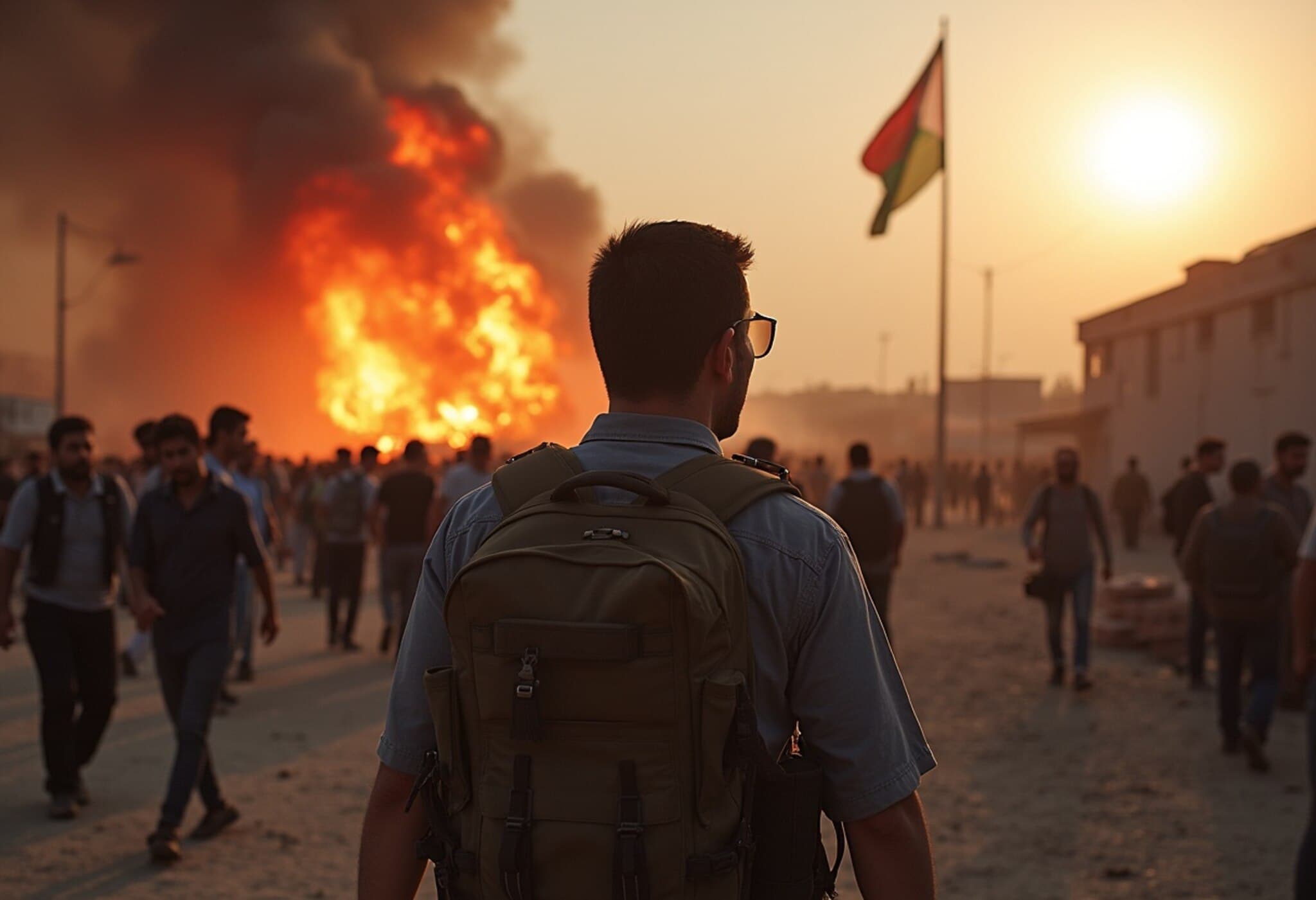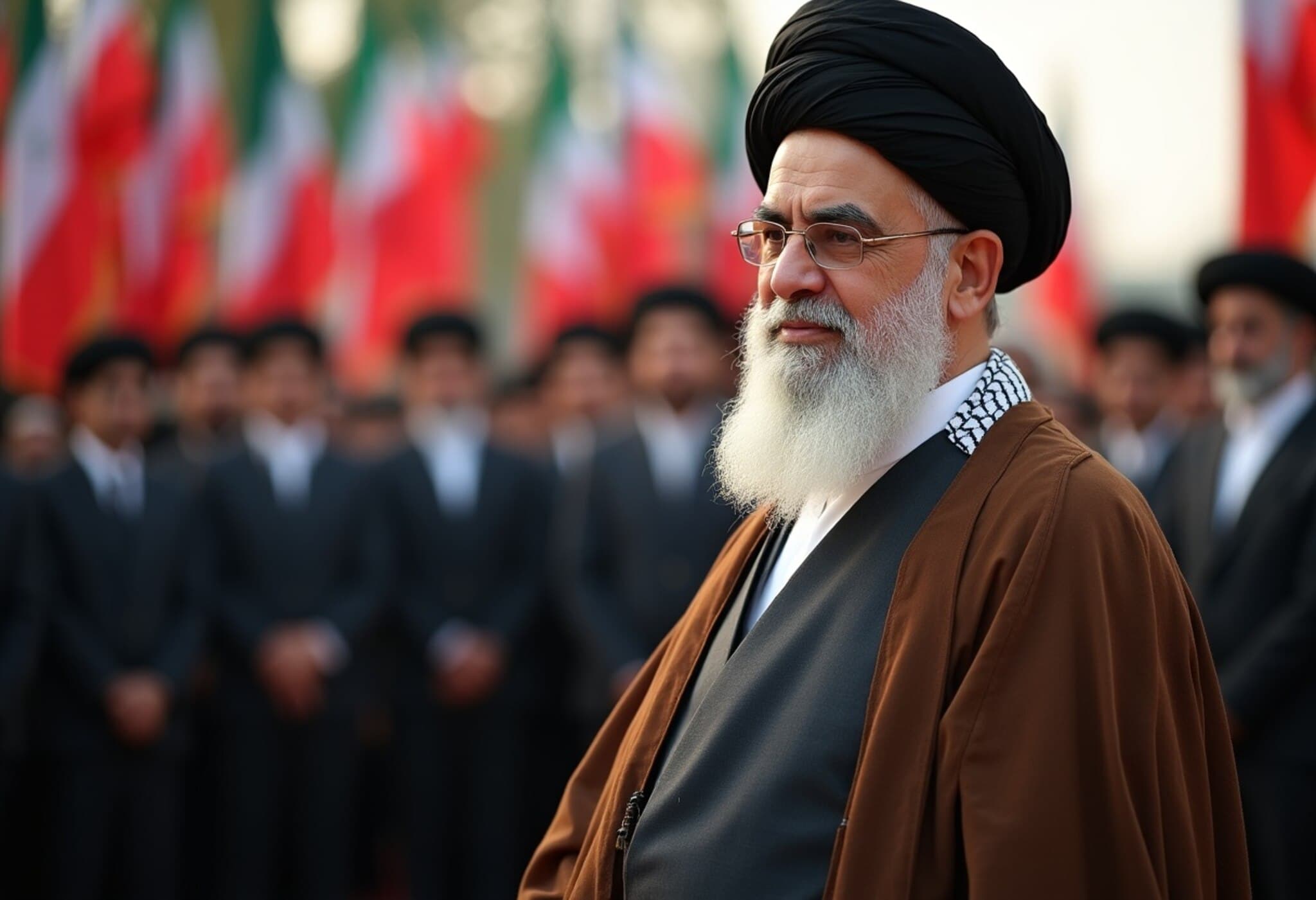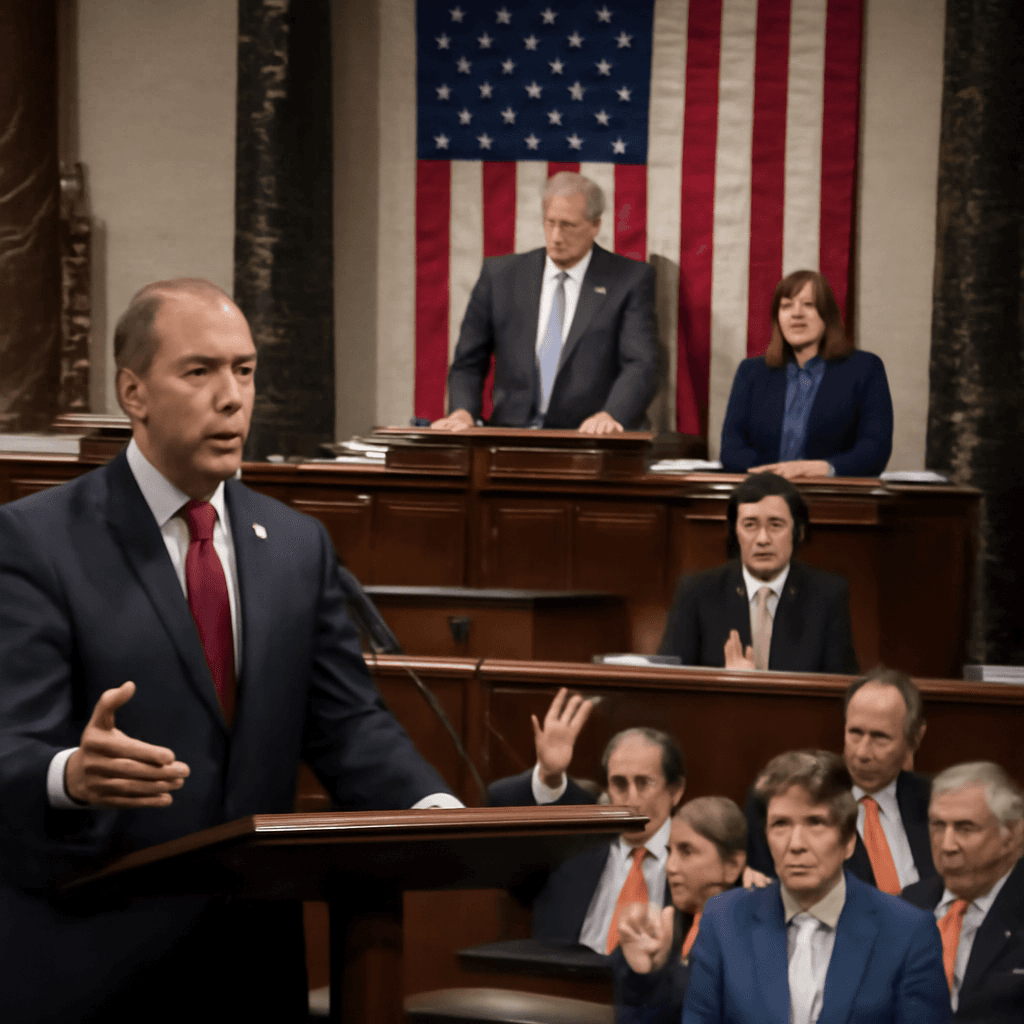Hamas Signals Willingness to Negotiate Gaza Ceasefire
In a noteworthy development, Hamas expressed openness to engaging in discussions concerning a U.S.-proposed ceasefire aimed at halting the nearly two-year conflict in Gaza. The militant group responded positively to efforts facilitated by the United States to broker a 60-day ceasefire, which would also involve the release of hostages and negotiations to end hostilities.
Positive Response to U.S. Mediation
Hamas announced on its official channels that it had completed internal consultations and reached out to Palestinian factions before providing a response characterized by a constructive tone. The organization emphasized its readiness to promptly enter serious negotiations focused on implementing the proposed agreement, signaling a potential breakthrough after months of fierce fighting.
Remaining Obstacles to Agreement
Despite this encouraging news, concerns linger regarding key elements of the deal. Palestinian representatives allied with Hamas highlighted ongoing issues such as ensuring steady humanitarian aid, securing passage through the Rafah crossing into Egypt, and clarifying the timeline for Israeli troop withdrawals. These factors remain critical to advancing and sustaining a truce.
Israeli Leadership’s Position and Upcoming Talks
While the United States has indicated Israeli acceptance of conditions necessary to finalize the ceasefire, Israeli Prime Minister Benjamin Netanyahu has yet to formally comment on the proposal. Netanyahu has consistently insisted that Hamas must first disarm—a stance the militant group has refused to discuss.
The two leaders are scheduled to meet in Washington soon, with U.S. officials stressing the urgency of securing a ceasefire and the safe return of hostages. The diplomatic tension underscores the complexity of brokering peace amid mutual distrust.
Recent Violence and Humanitarian Toll
The past 24 hours have witnessed intense Israeli airstrikes in Gaza, resulting in the deaths of at least 138 Palestinians, according to local health authorities. A particularly devastating strike targeted a tent encampment housing displaced persons near Khan Younis, killing 15 civilians. The Israeli military reported dismantling Hamas outposts and destroying weapons stores as part of ongoing operations.
Among the grieving is 13-year-old Mayar Al Farr, who lost her brother Mahmoud while he was seeking humanitarian aid. Her heartfelt plea reflects the urgent need for a ceasefire to ease the civilian suffering.
Calls for Hostage Release Intensify
Demonstrations erupted recently in Tel Aviv, where family members and supporters of hostages detained in Gaza held symbolic protests outside the U.S. Embassy. Featuring an empty dinner table with 50 chairs, the vigil underscored the deep yearning for a resolution that could bring captives home.
Participants urged U.S. leadership to secure a deal, with some hostages having endured captivity exceeding 600 days. The proposed ceasefire envisions returning 10 living hostages and the remains of 18 others during the 60-day period.
A Prolonged Conflict with Heavy Costs
Since Hamas launched its surprise attack over 20 months ago, resulting in the deaths of nearly 1,200 Israelis and kidnapping hundreds, the Israeli military’s response has devastated Gaza. The territory, home to over 2 million people, faces massive displacement, widespread hunger, and destruction amidst ongoing combat.
Local health sources report more than 57,000 Palestinian deaths since the conflict began, most of them civilians, highlighting the staggering humanitarian crisis at the heart of this long-standing struggle.

